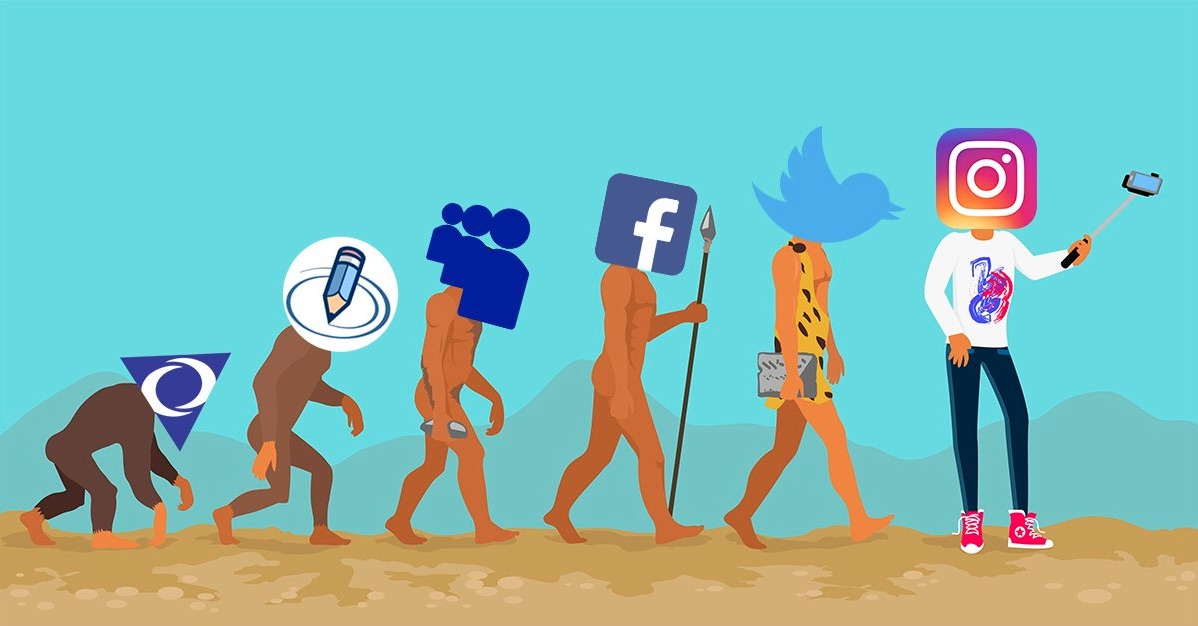
Social media and your behaviour
In the world today, social media plays a dominant role in many people’s lives. Numerous articles have been written by different authors where they refer to a growing “digital addiction” in some shape or form. Often, checking your smart phone is one of the first things that you do in the morning and while you may think that referring to it as an addiction isn’t fair, give me a chance to explain. With more than 2 billion people using Facebook and the internet now having more than 4 billion users, social media platforms know a phenomenal amount about us – and the use of this data isn’t always in our best interest as consumers.
So how many people are actually using the main social media platforms that we have at our finger tips in South Africa? I did some research earlier in the year, where some general trends were outlined. It’s important to keep in mind that the digital space is continuously evolving and the speed of this evolution has to keep up with the demands of over 4 billion internet users, as well as a rapidly growing number of smart phones users.
- Facebook is used by 23 million people
- Instagram has over 6 million users in SA; it grew by 73% in 2018
- Twitter has more than 1.6 million users
- Snapchat has over 1.3 million users
- YouTube data isn’t easy to obtain, but this article suggests 9 million people use the platform. The most popular channel in SA is Kruger Sightings which has 1.2 million subscribers.
- LinkedIn has over 6.8 million users
What does all of this mean and why are so many marketers interested in using social media platforms to connect with their existing and prospective customers? Well, what if I told you that Hootsuite, in its annual digital review, highlighted that the number of active social media users in South Africa increased by 28% in 2018. We can expect similar growth in 2019 and therefore both B2C and B2B brands need to understand how they can use social media as part of their brand strategy to help them reach their target audience.
Marketers and advertisers alike are attracted to the platforms due to the data that they collect on their users. This data allows marketers to craft targeted messages and be more focused/specific in their marketing approach, ensuring that they are placing their products in front of people who are most likely going to purchase them. In short, this increases marketing conversion rates and return on investment for marketers.
Using data to develop a more strategic and structured approach to marketing your brand or product is fantastic, but what happens when the data these social media platforms have on their uses is exploited?
I recently wrote a blog about some of the changes that Facebook made to its platform at the beginning of May, to give users more control over the personalisation of the content that they are exposed to. We have so much data available. Used in the correct way it can add massive value. Unfortunately, data can also be manipulated and abused, as was highlighted in the Cambridge Analytica data scandal following the American elections and the manipulation that occurred during the Brexit referendum in 2016.
Social media platforms create a digital community, a place for us to share our experiences… but they also store a lot of our data. Have you ever thought that your exposure to social media may influence your behaviour? Well the short answer is that it can; you could be a candidate for targeted fake news or be profiled as a political candidate to vote for a specific party. As both a marketer and a consumer, I feel that it is important to be transparent about the way data is used. We need to use it to enhance customers’ experiences, create better communicate journeys and use it to inform how/why we are building products. Data can help us understand our audiences better, providing them with a far superior and better service.
The digital environment is moving at an incredible speed. To give you an idea of the speed at which things are happening, here are a few important dates:
- Facebook was created in 2004
- Twitter was created in 2006
- The iPhone was launched in 2007 and the iOS app store was launched in 2008
- Instagram was only created in 2010
Can you imagine a world without apps or these well-known social media brands?! Over the last 10 years change has happened at a mind-blowing rate; I wonder what the next 10 have in store for us.
Instagram also has a few changes – like hiding the number of likes a post has – that it, too, may roll out world-wide once it has analysed the results from the testing under way in Canada. Podcasts are also exploding globally and many believe they are still very much in their infancy.
It sure is an exciting time to be working in the marketing and brand space!
If you’re interested, here are the sources that I used to gather the stats:
- https://blog.hootsuite.com/facebook-statistics/
- https://later.com/blog/hidden-likes-instagram/ https://datareportal.com/reports/digital-2019-south-africa
- https://citizen.co.za/lifestyle/science/2030220/sa-has-taken-to-social-media-like-never-before/
- https://www.businessinsider.co.za/south-africa-one-of-the-worlds-top-internet-users-hootsuite-report-2019-2
- https://datareportal.com/reports/digital-2019-south-africa
- https://citizen.co.za/lifestyle/science/2030220/sa-has-taken-to-social-media-like-never-before/
- https://www.businessinsider.co.za/south-africa-one-of-the-worlds-top-internet-users-hootsuite-report-2019-2






